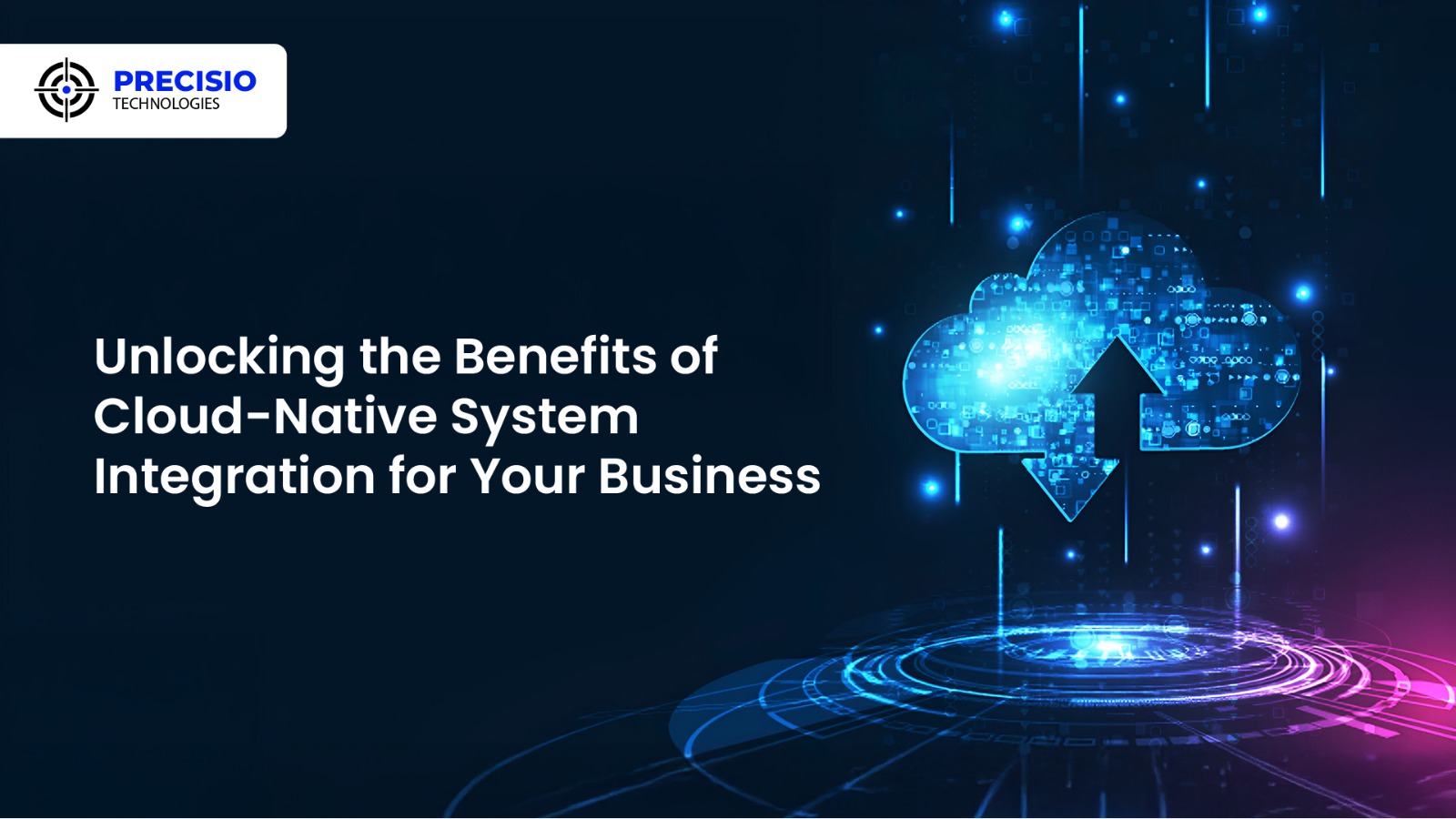
Business entities, especially in the current generation, are working hard on taking risks and coming up with new programs. Cloud-native system integration is an innovative model that aims at integrating multiple systems and applications in a way that optimally utilizes the cloud platform. Cloud-native integration is not only applicable to companies of various sizes; it can build new opportunities, improve processes, and increase revenues for both startups and large enterprises. Here’s how:
What is Cloud-Native System Integration?

Cloud-native system integration means the integration of various cloud-bound and on-premise systems that exist in an organization. This approach maintains and optimizes the distribution of data and functionality through the use of APIs, microservices, and containers. Furthermore, it permits lean businesses to effectively be adaptive, efficient, and highly responsible to dynamic demand.
Benefits of Cloud-Native System Integration

1. Scalability to Match Your Growth

Cloud-native systems can easily add new users or functions to serve the increasing business needs with ease. In contrast to these integrations, they are flexible and will always adjust to the changes, hence guaranteeing that your infrastructure is growing in tandem with your growth without much loss or cost implication.
2. High working efficiency

Integrating systems in the cloud reduces human interference and duplication, hence enhancing operations. This establishes a centralized realm through which data can be easily exchanged in an optimal manner while freeing employees from the task of dealing with problematic computer systems.
3. Cost-Effectiveness

Cloud-native integration has little dependence on expensive hardware resources and high costs of equipment maintenance. cloud provider’s pay-as-you-go option allows organizations to use the services according to their needs, paying considerably for what they want rather than a bundled product that is usually overpriced.
4. Improved Collaboration and Connectivity

Cloud-native integration makes tools and data available for teams regardless of their location. This fosters cooperation, especially for groups that work in different geographic locations or for teams that are geographically dispersed, improving the flow of work and creativity.
5. Enhanced Security

Cloud-native integrations are typically being provided with secure integration solutions that support encryption, monitoring, and a range of compliance solutions, for instance. This helps keep the business’s pertinent data safe across various platforms.
6. Faster Innovation Cycles

Cloud-native integration driven by microservices and APIs provides an avenue to deploy new applications and features within the shortest time possible. Such ability is vital in the current environment to reduce the impact of threats arising from changes in the business environment.
7. Real-Time Data Insights

The kind of system integration that takes place makes it possible for those making decisions to get this information in real time. This makes it easier to make sound decisions and helps businesses to quickly adapt to new changes or to customers wants or needs.
8. Disaster Recovery and Business Continuity

Cloud-native solutions are designed for running applications in a cloud environment. They have integrated mechanisms for disaster recovery and backup; therefore, data loss during an event is rarely an issue. This creates confidence and a continuous business flow in the society.
9. Environmental Sustainability

Embracing cloud-native approaches can make a business less environmentally friendly. Cloud providers ensure the efficiency of the energy used in data centers, and this is more environmentally friendly than having the IT resources.
10. Future-Proofing Your Business

Cloud-native integrations mean that your business will always be prepared for updates in technology, as integrating new tools and platforms requires minimal changes depending on their type. This flexibility puts you in a vantage position in the digital transformation process.
Conclusion
Technological transformation is not just a change of a technical paradigm—it is a strategic advancement that enables business entities to respond to the landscape challenges. By increasing efficiency, minimizing expenses, and improving flexibility, it provides the groundwork for development. Companies that adopt this approach can enhance new potentials or novelties that can be made available to the consumers, as well as guarantee the security and impact cushions of their operations.
Precisio Technologies Can Help You Unlock Cloud-Native Benefits
Precisio Technologies is one of the leading companies that focus on helping businesses unlock the full potential of cloud-native system integration. Our packages are made to allow for integration, flexibility, and functionality in support of your business objectives. Allow us to assist you in transforming your business today.
